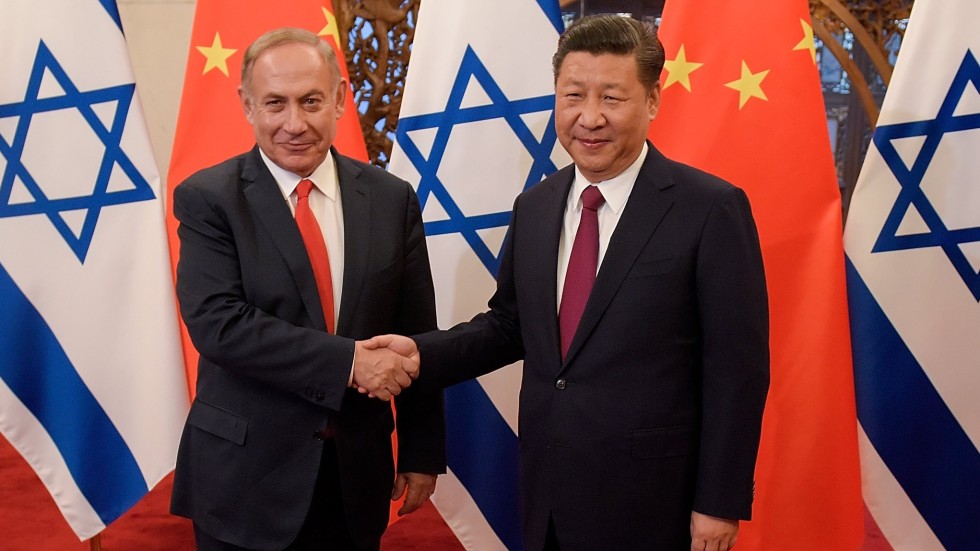 Many countries that are allies of the United States but also friendly with China are increasingly caught in the middle. Besides trade and commercial disputes, intelligence and military cooperation have also become issues on which Washington is exerting pressure on allies to get tough with Beijing.
Many countries that are allies of the United States but also friendly with China are increasingly caught in the middle. Besides trade and commercial disputes, intelligence and military cooperation have also become issues on which Washington is exerting pressure on allies to get tough with Beijing.
While they are caught in a difficult situation, such nations need to play it smart. They should point out to the US that it’s not in anyone’s interest to isolate or contain China.
Rather, it’s far better to work out common ground and mutually acceptable behaviour.
Israel is a good example. This year marks the 27th anniversary of diplomatic relations with China, though ties date back to when Chinese cities such as Shanghai offered sanctuary to Jewish refugees.
Their relationship is now being tested by US efforts to convince the country not to draw too close to Beijing. This is despite their many common interests in foreign investment, technology transfer, trade, tourism, infrastructure and education.
Intensifying US efforts to rally other countries to ban communications giant Huawei is an example. Israel is also a major seller of advanced weapons to China. The two are expected to complete a free-trade agreement later this year.
The latest flashpoint is over Haifa, Israel’s largest port city and a berth for the US Sixth Fleet. One of the fleet’s warships refused to dock at Haifa in October, citing security and intelligence concerns.
The reason given was absurd, but it was Washington’s way of pressuring Israel to scrap a deal that will allow the Shanghai International Port Group to operate the container terminal there for 25 years from 2021.
China also tries to be friends with other key powers in the region, among which are Iran and Saudi Arabia. But since they are mortal enemies, it’s tricky.
As the Middle East remains an important source of oil and energy supply to China, Beijing needs to reassure a jealous Washington it will not try to affect US relationships with close allies.
As it is with the Middle East, so it is with Europe and Asia. China must realise it’s no longer enough to demonstrate “a win-win” in conducting business with countries in those regions; the US will always try to insert itself whenever China is perceived to be getting too close or gaining too much influence with any of its key allies.
As American paranoia about China grows, Washington is moving ever closer to the old containment and demonisation methods. But China is not the old Soviet Union. Its economy is globally integrated.
What is bad for the Chinese economy cannot be good for the rest of the world. Not too long ago, China was the one bright spot sustaining growth in the world economy during the global financial crisis started in the US.
Those who are friendly to both countries must play a mediating role. Nothing is more dangerous than to have the whole world sandwiched between two superpowers.
No comments:
Post a Comment